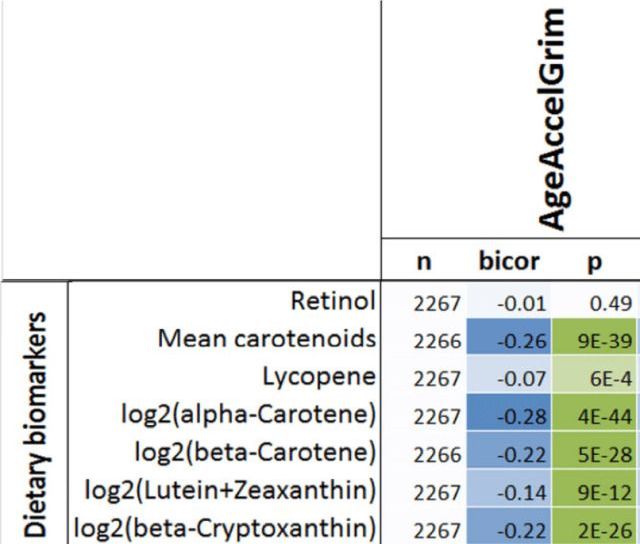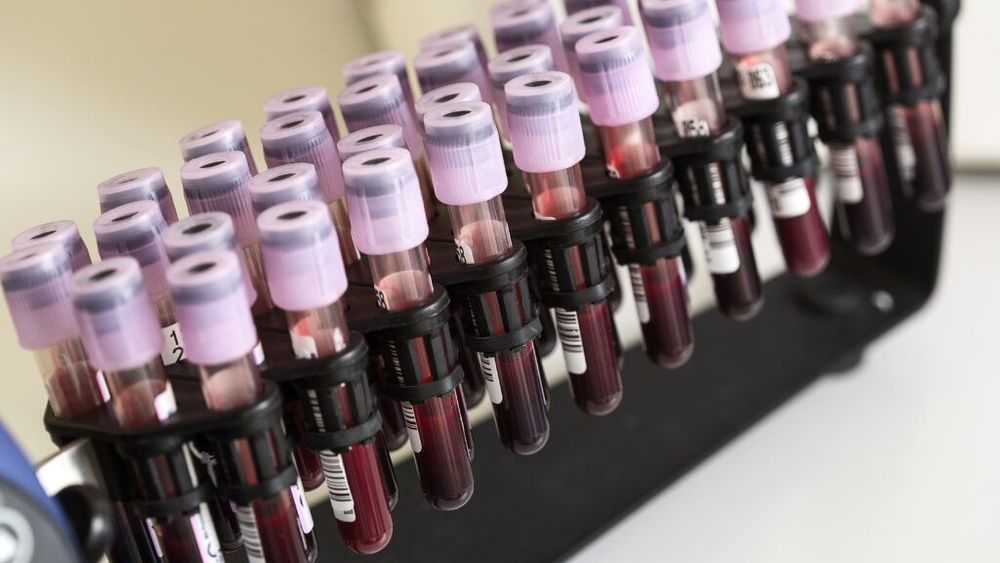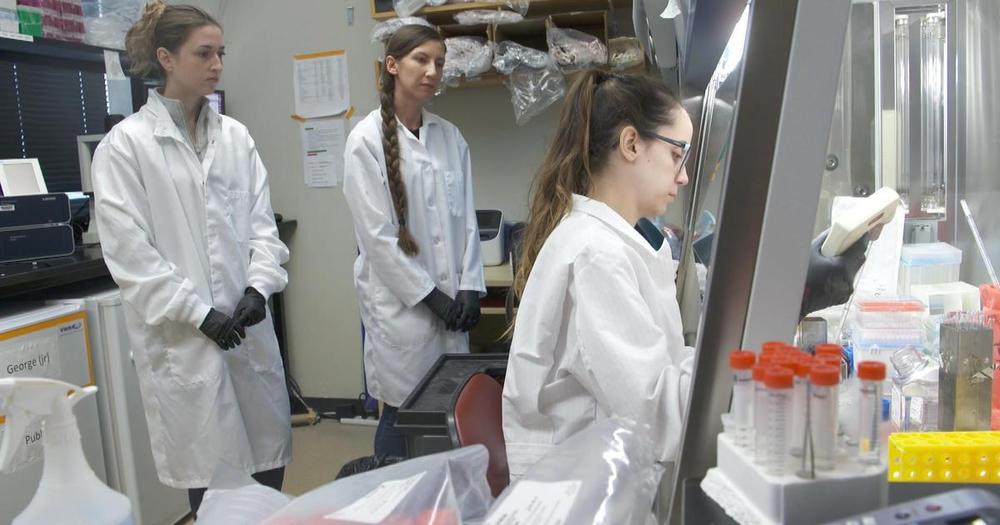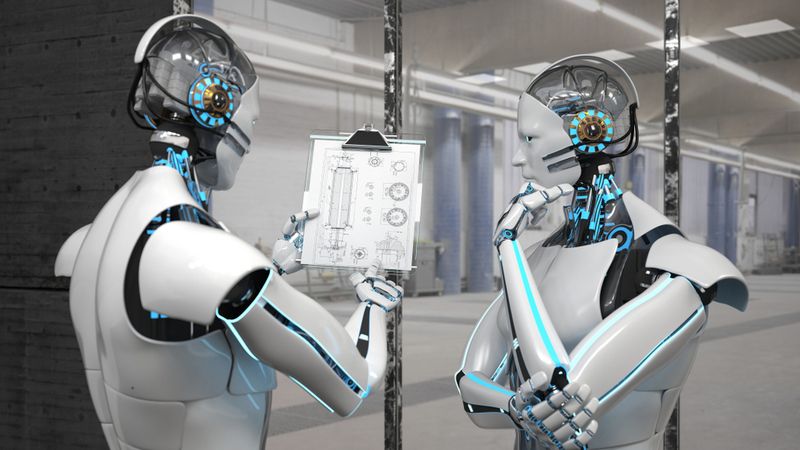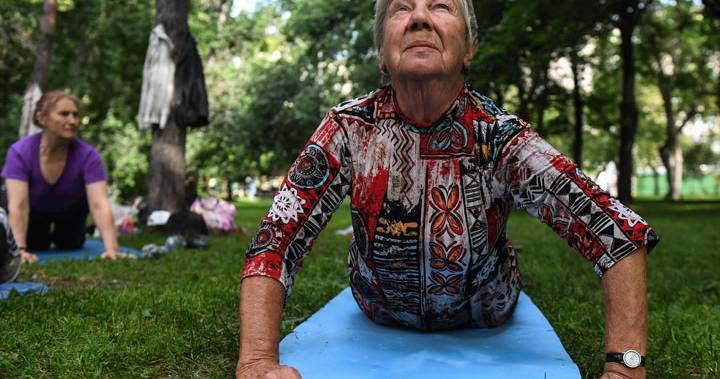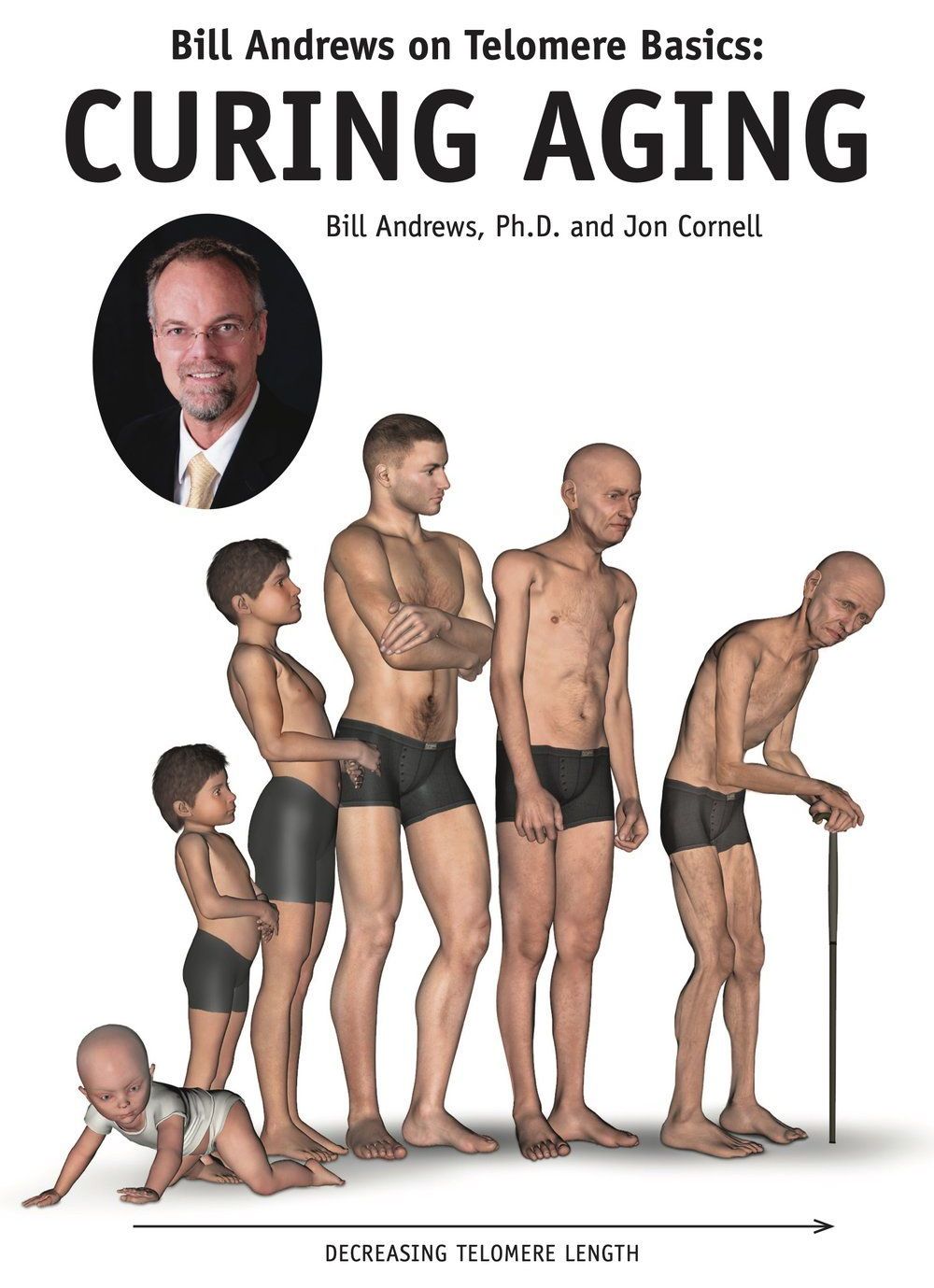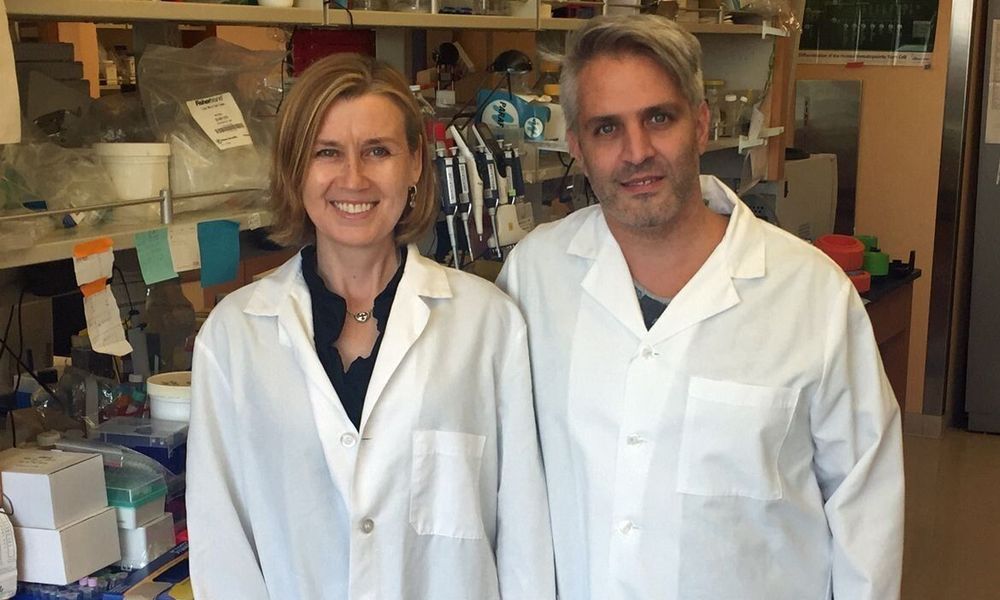Dec 7, 2019
Epigenetic Aging: Can It Be Slowed With Diet?
Posted by Paul Battista in categories: biotech/medical, food, genetics, life extension
New post!
Having a faster rate of epigenetic aging, as measured by the epigenetic age metric, AgeAccelGrim, is associated with a significantly increased risk of death for all causes in a variety of cohorts, including the Framingham Heart Study (FHS), the Women’s Health Initiative (WHI) study, the InChianti study, the Jackson Heart Study (JHS), and collectively, when evaluated as a meta-analysis (Lu et al. 2019):
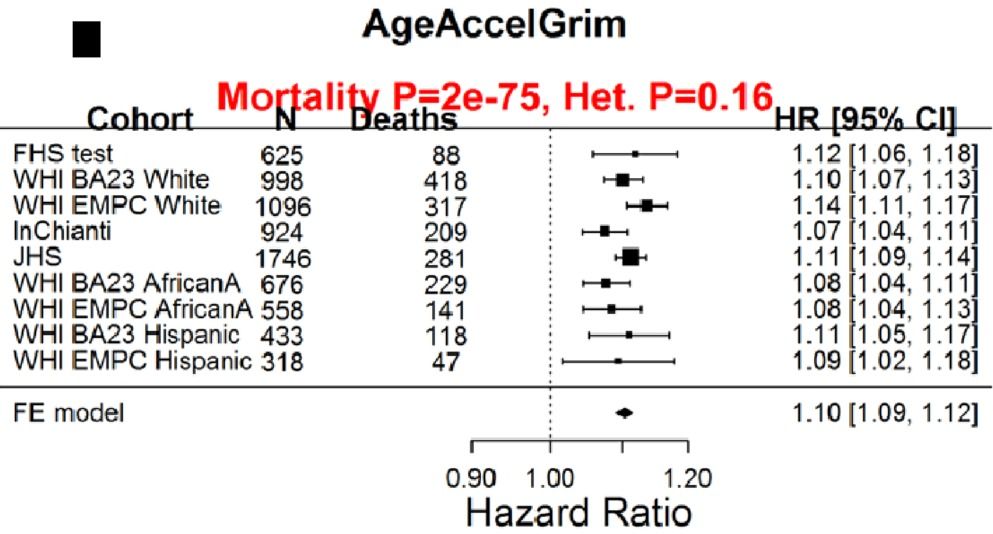
Continue reading “Epigenetic Aging: Can It Be Slowed With Diet?” »
